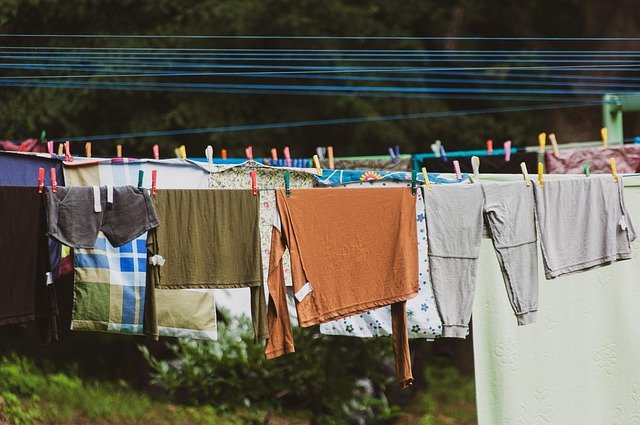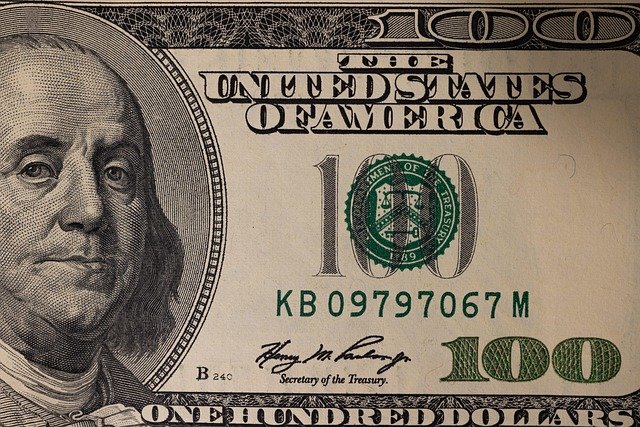# Smart Savings Strategies for Everyday Essentials to Help You Stretch Your Budget Further
In today’s economy, stretching your budget is more important than ever. With rising costs for groceries, household items, and daily necessities, finding ways to save money can make a significant difference in your financial health. Fortunately, there are several smart savings strategies, including using coupons and bulk-buying tips, that can help you maximize your budget. Here’s how you can effectively save money on everyday essentials.
## 1. Mastering the Art of Coupons
Coupons are one of the most effective tools for saving money on groceries and household items. Here’s how you can make the most of them:
### a. Start with Digital Coupons
Most grocery stores and brands offer digital coupons that can be accessed through their apps or websites. Sign up for loyalty programs to receive exclusive discounts. Many apps, like Ibotta or Honey, allow you to browse available coupons and even earn cashback on your purchases.
### b. Combine Coupons with Sales
To maximize your savings, combine coupons with store sales. For instance, if a product you regularly buy is on sale and you have a coupon for it, you can significantly reduce the price. Keep an eye on weekly ads and plan your shopping trips around the best deals.
### c. Use Coupon Clipping Services
If you find it challenging to keep track of coupons, consider using coupon clipping services. These services gather and organize coupons for you, making it easier to find the ones you need for your shopping list. You can also purchase coupons for specific items, which can be particularly useful for high-ticket items.
### d. Join Couponing Communities
Engaging with couponing communities, whether online or in person, can provide valuable insights. These groups often share tips, tricks, and the latest deals, allowing you to learn from experienced couponers. Websites like Reddit and Facebook groups are great places to connect with others who share your interest in saving money.
## 2. Bulk Buying for Big Savings
Buying in bulk can lead to significant savings, especially for non-perishable items. Here’s how to do it effectively:
### a. Identify Non-Perishable Items
Focus on non-perishable items that you use frequently, such as canned goods, pasta, rice, and toiletries. These items have a long shelf life, so buying in bulk can save you money in the long run. Just be sure to check expiration dates to ensure you’ll use them before they go bad.
### b. Buy in Bulk at Warehouse Stores
Membership warehouse stores like Costco or Sam’s Club offer bulk items at discounted prices. While there is a membership fee, the savings can quickly outweigh the cost. Look for items that are significantly cheaper than at regular grocery stores, and consider splitting bulk purchases with friends or family to save even more.
### c. Use Bulk Bins
Many grocery stores have bulk bins where you can buy items like grains, nuts, and dried fruits. This allows you to purchase only what you need, reducing waste and saving money. Bring your own containers to avoid additional packaging costs.
### d. Stock Up During Sales
When you find a good deal on bulk items, stock up! This is especially effective for items that you know you will use regularly. Make sure to keep track of your inventory, so you don’t end up with too much of something you won’t use.
## 3. Smart Grocery Shopping Tips
Beyond coupons and bulk buying, there are other strategies to help you save money on groceries:
### a. Create a Shopping List
Before heading to the store, create a shopping list based on your meal plan for the week. Stick to your list to avoid impulse purchases that can quickly add up.
### b. Plan Meals Around Sales
Check your grocery store’s weekly ads and plan your meals around what’s on sale. This not only saves money but also reduces food waste since you’ll be using ingredients that are already discounted.
### c. Shop Seasonally
Fruits and vegetables that are in season are usually cheaper and taste better. Visit local farmers’ markets or grocery stores that offer seasonal produce to save money and support local farmers.
### d. Avoid Pre-Packaged Foods
Pre-packaged and convenience foods are often more expensive than buying the ingredients separately. Cooking from scratch is usually cheaper and healthier. Consider meal prepping to save time during the week.
## 4. Saving on Household Items and Daily Needs
Your budget doesn’t just cover groceries; household items and daily needs can also take a big chunk out of your finances. Here’s how to save in these areas:
### a. Look for Store Brand Alternatives
Store brands often offer the same quality as name brands but at a lower price. Don’t be afraid to try these alternatives; you might find that you prefer them.
### b. Use Cashback Apps
Cashback apps like Rakuten or Fetch Rewards allow you to earn money back on your purchases. Simply upload your receipts, and you’ll receive cashback for eligible items. This can be a great way to save on household essentials.
### c. Buy Generic or Off-Brand Products
Generic or off-brand products are often much cheaper than their branded counterparts. They are usually made in the same facilities and can offer similar quality at a fraction of the price.
### d. Stock Up on Sale Items
Just like with groceries, keep an eye on sales for household essentials like cleaning supplies, toiletries, and paper products. Stocking up when prices are low can help you avoid paying full price later.
## Conclusion
Stretching your budget doesn’t have to be a daunting task. By incorporating smart savings strategies like using coupons, bulk buying, and planning your shopping trips effectively, you can significantly reduce your expenses on groceries, household items, and daily needs. Remember, every little bit counts, and with a little effort and planning, you can make your budget work harder for you. Start implementing these strategies today, and watch your savings grow!










